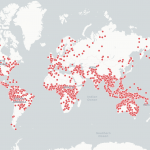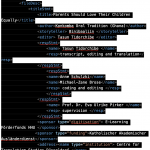This gallery contains 25 photos.
Did you know that there is an easy way to automatically add subtitles in DaVinci Resolve? This is a simple tutorial that will save you a lot of time and energy when editing your videos. You will need: Step 1Open … Continue reading




